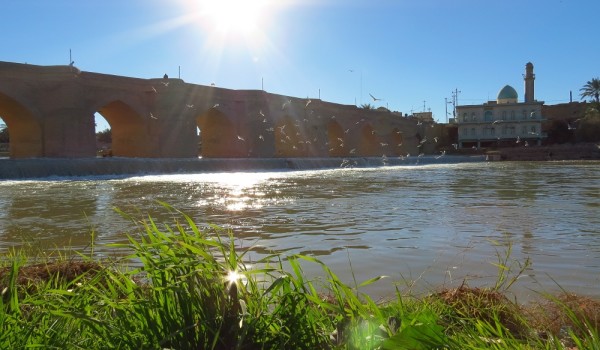The Iraqi commission of integrity has issued arrest warrants against 350 government employees in Diyala on charges of corruption; the list included four senior officials in the disputed district of Khanaqin.
The measures issued by the commission included the imposing of a travel ban on the suspects until their cases are concluded.
Four senior officials of Khanaqin, namely the former head of municipality, chairman of the Agricultural Bank, head of the Real Estate Registration office and the head of Rafidain Bank’s Jalawla branch, in addition to dozens of employees.
“I was charged by the Commission in accordance with Article 331 of the Iraqi Penal Code, and my case is now awaiting final decision by the Baquba Criminal Court,” one of the officials charged by the commission told KirkukNow on condition of anonymity.
Article 331 of the Penal Code stipulates that “ any public official or agent who willfully commits an act in breach of the duties of his office or refrains from executing the affairs of that office with intent to harm the welfare of an individual or to benefit one person at the expense of another or at the expense of the state is punishable by detention plus a fine or by one of those penalties.”
I was charged by the Commission in accordance with Article 331 of the Iraqi Penal Code
On 11 November 2019, the Iraqi commission of integrity issued arres warrants against the head of the Diyala provincial council, his two deputies and 26 members of the Council, based on the provisions of Article (340) of the Iraqi Penal Code.
The article stipulates that “any public official or agent who willfully inflicts damage on the property or interests of the authority for which he works or to which he is associated by virtue of his position or on another's property that has been entrusted to him is punishable by a term of imprisonment not exceeding 7 years or by detention.”
A member of the Diyala provincial council said the commission of integrity has stepped up the fight against corruption in the wake of the sweeping demonstrations which have broken out in Baghdad and other Iraqi provinces.
The commission had previously issued warrants against a number of employees whose names are now available in the list of 350 suspects accused of corruption.





